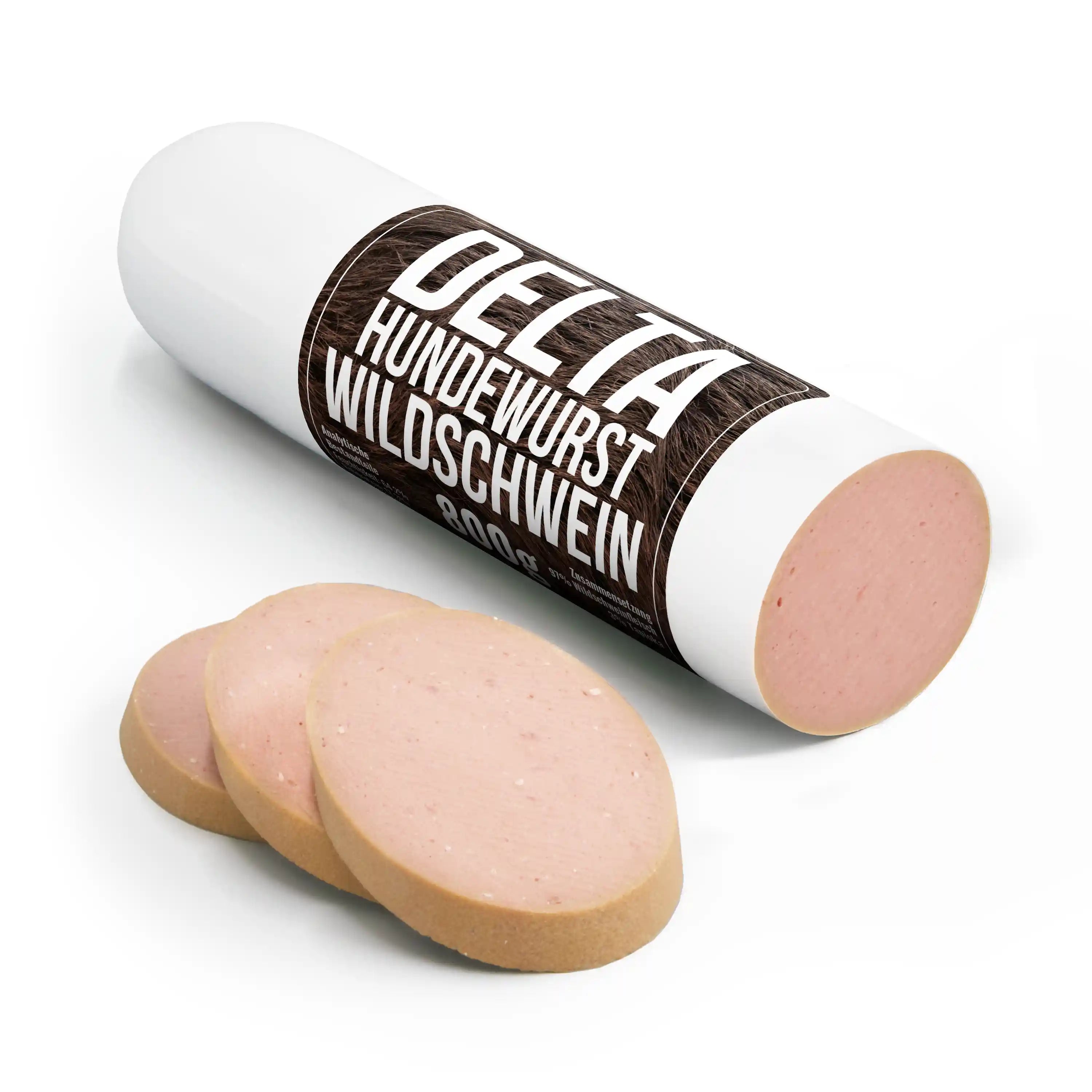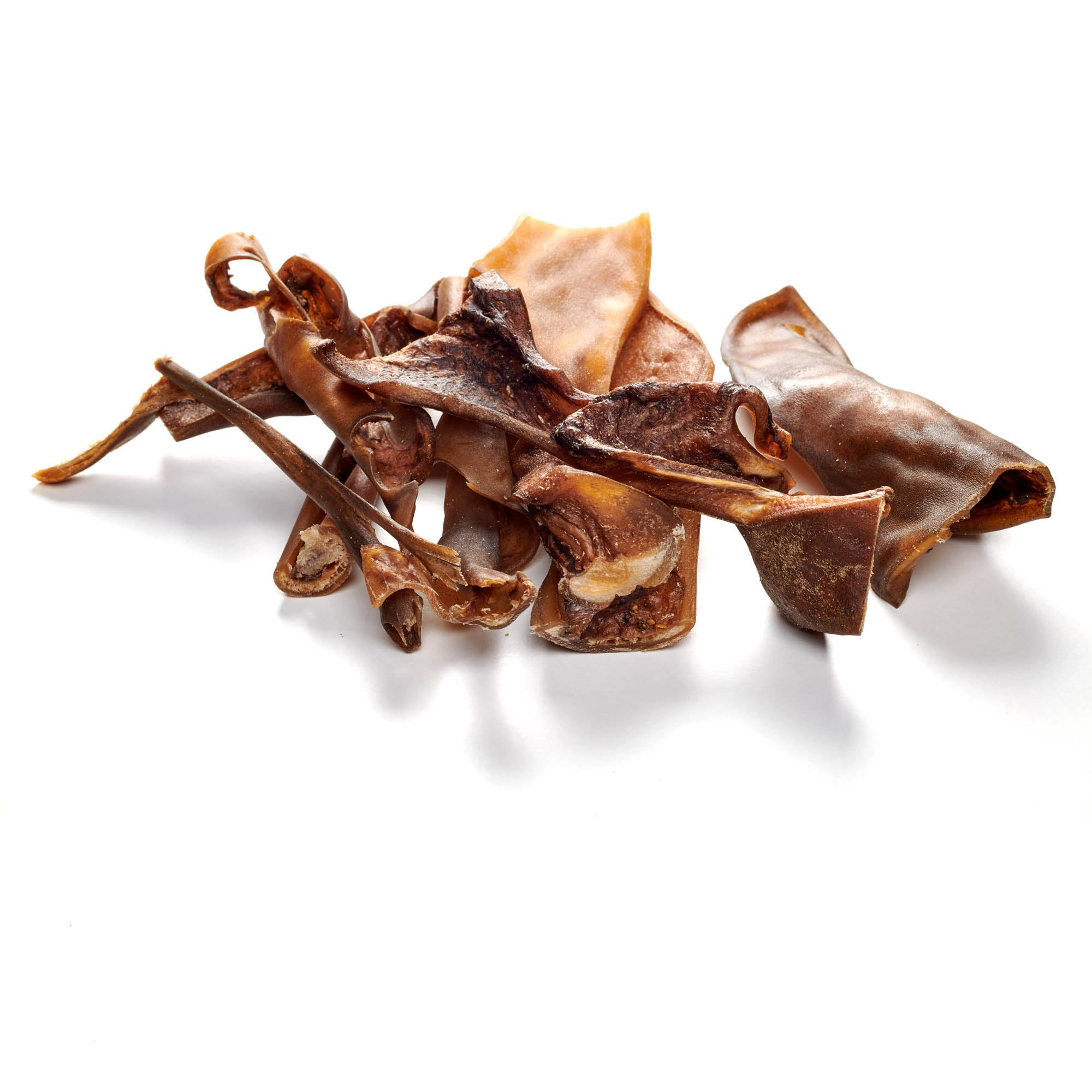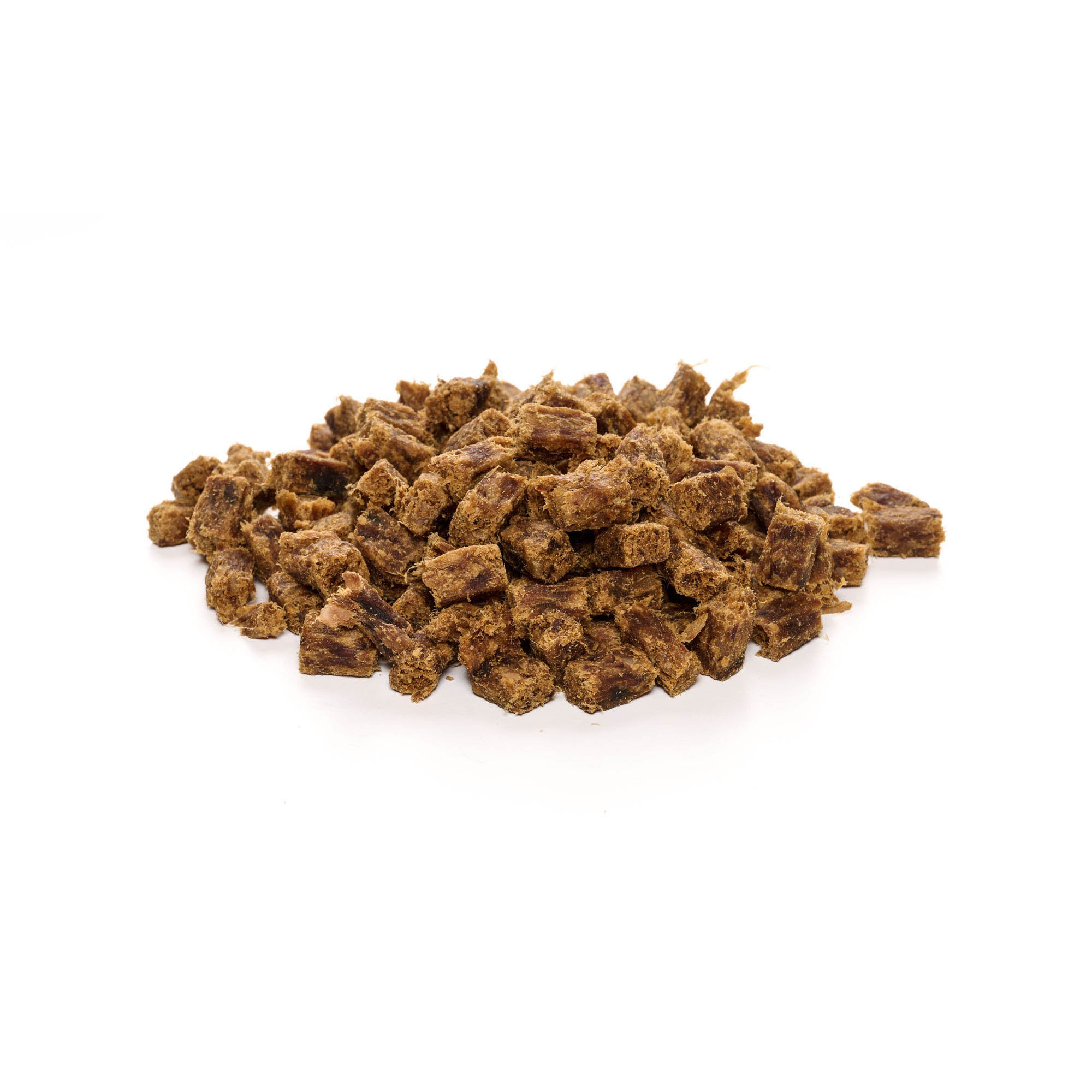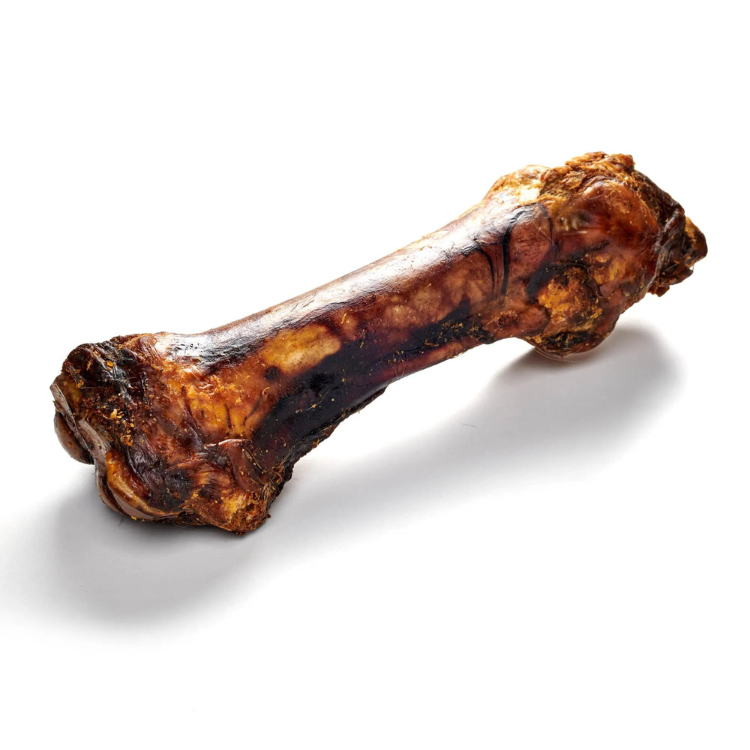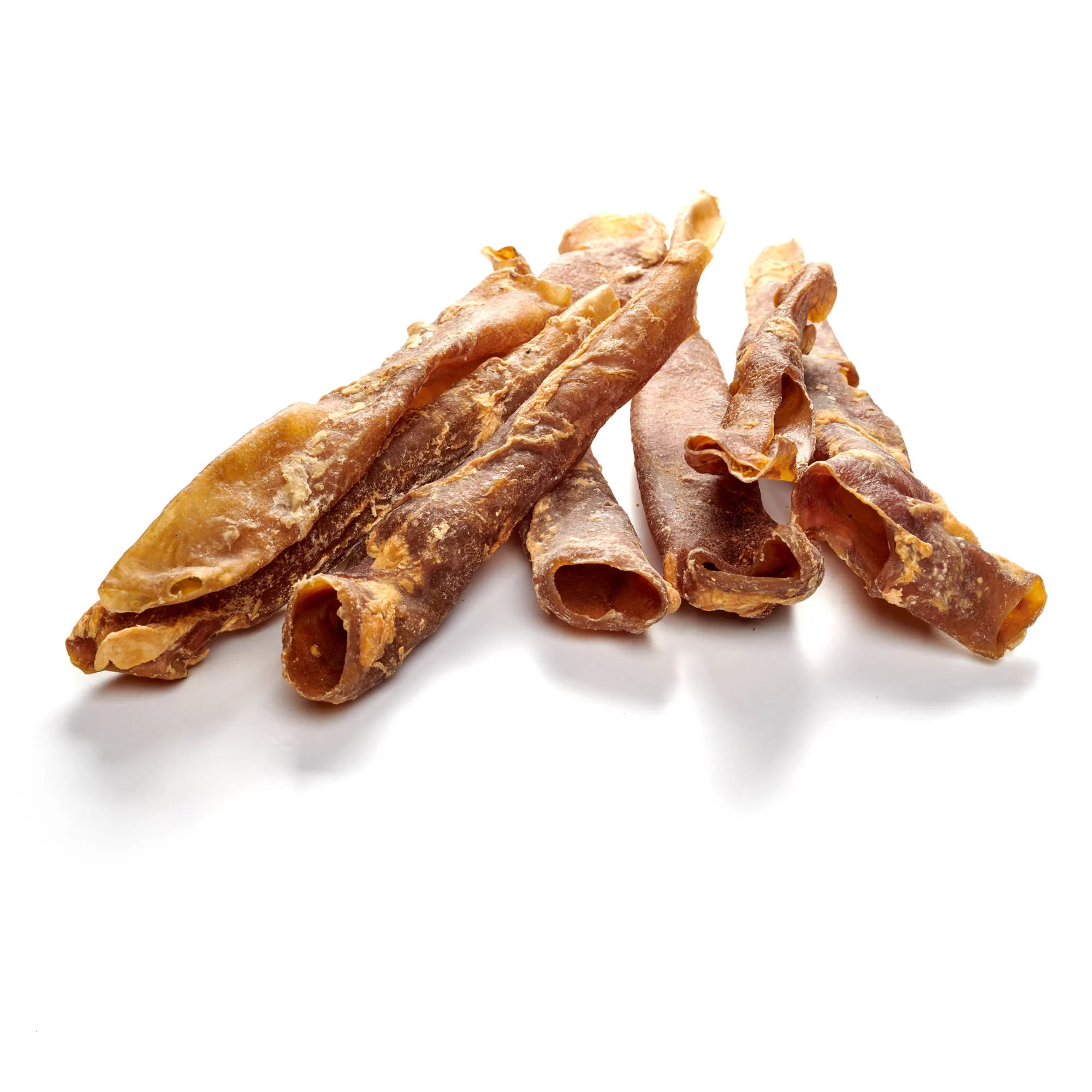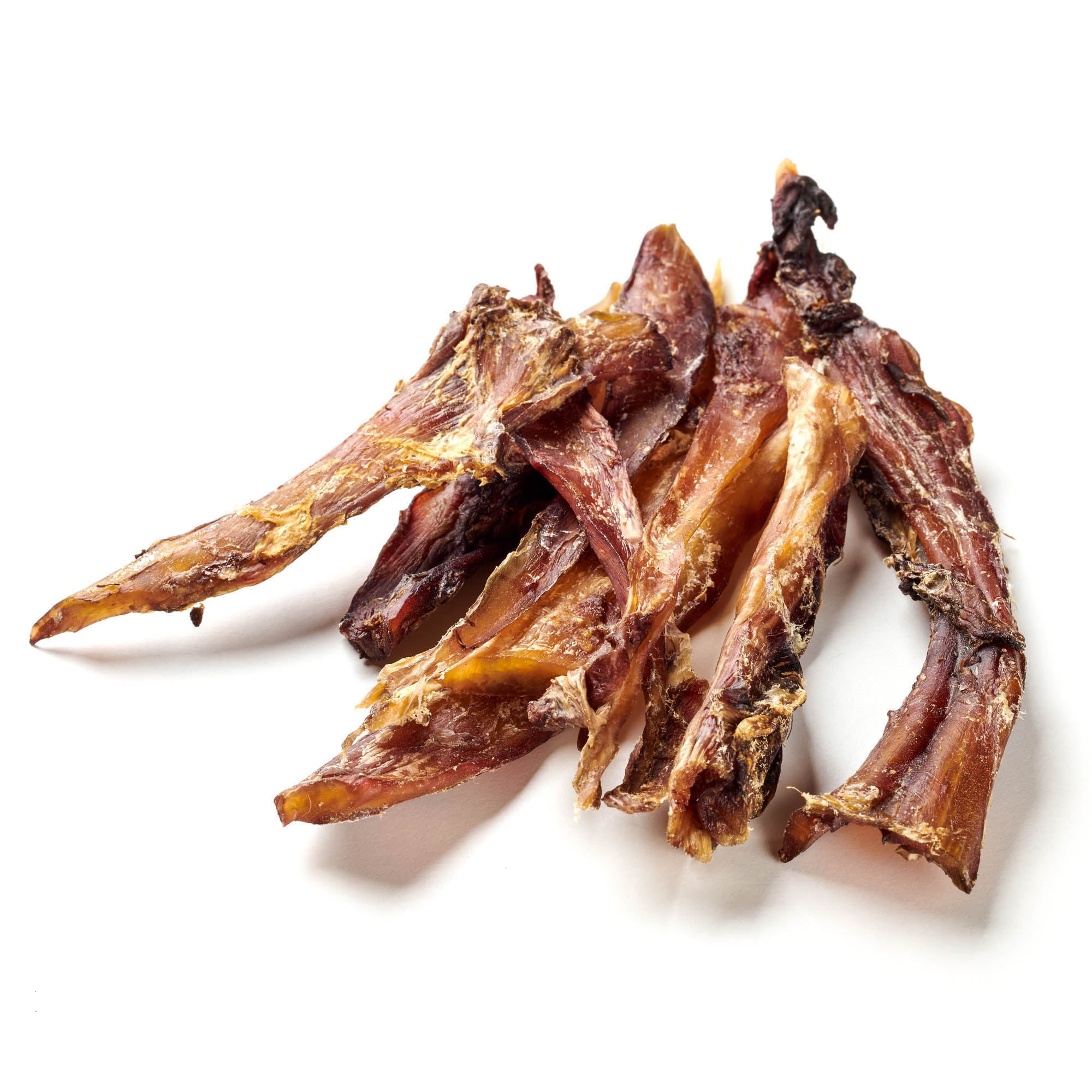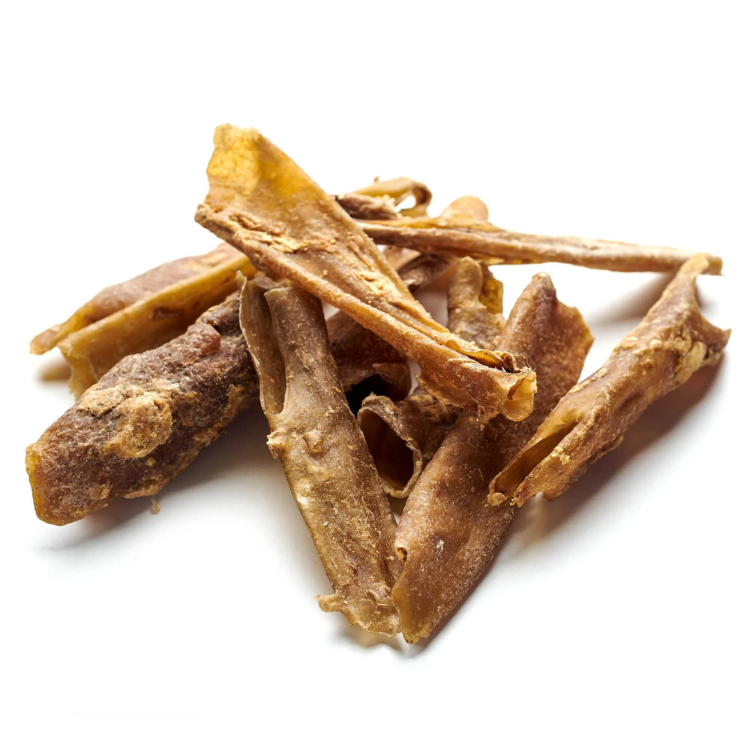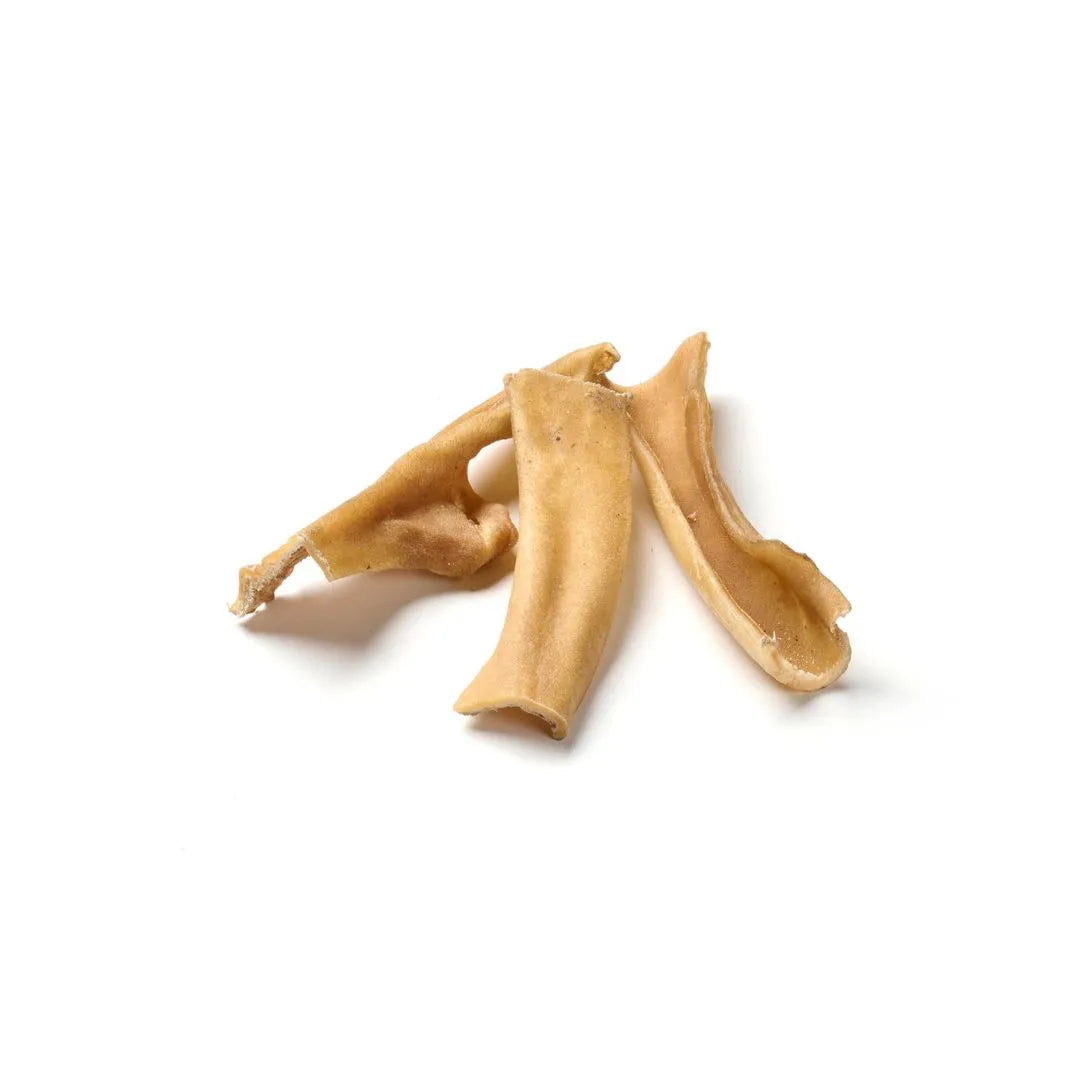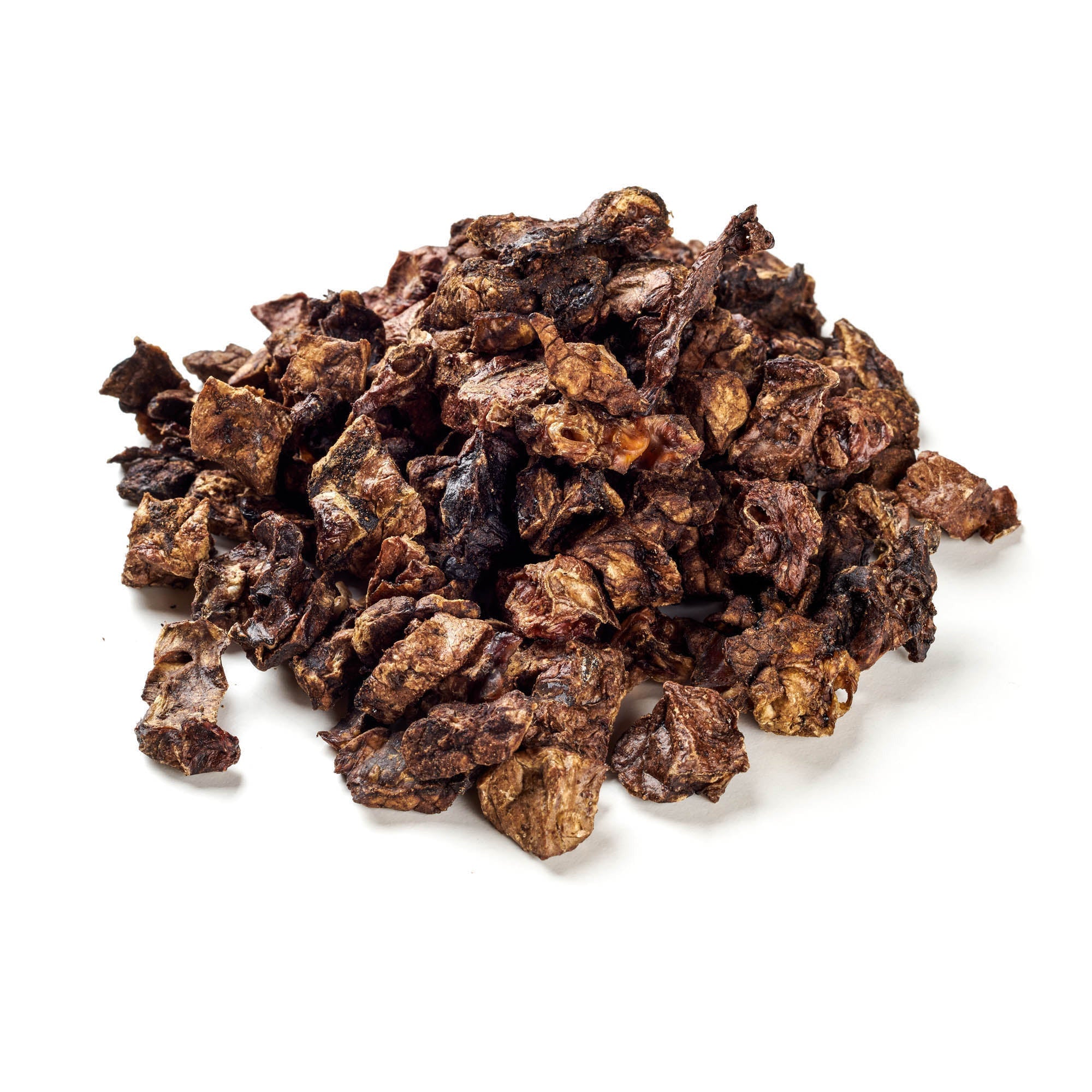
How to stop biting puppies - this is how it works
Share
Even the friendliest puppy can bite. Like human children, dogs are playful, especially at a young age, and use their teeth effectively.
However, in the worst case scenario, this can lead to serious injuries. There are a few helpful tips and tricks to help you raise your puppy properly and break the habit of biting from an early age.
Contents: Breaking the habit of biting in puppies
- Why do puppies bite?
- When do puppies stop biting?
- Tips to stop your puppies from biting
- What also needs to be taken into account so that the puppy stops biting
- Conclusion
Why do puppies bite?
First, it is important to understand the reasons why puppies bite. The fact that puppies fight and bite each other easily is a natural behavior to build social structure. At just a few days old, the four-legged friends push each other aside to get to their mother's teats.
As they get older, they begin playful power struggles. In this way they learn to establish a hierarchy. They then want to defend or increase the rank they have acquired.
Puppies also bite when their first teeth emerge. The first milk teeth emerge after three to six weeks. During this time, puppies look for chewing material to relieve the pinching and itching .
Discover delicious dog snacks directly from our range!
When do puppies stop biting?
During play, the puppies are often quite rough with each other. They assume that biting and pinching is part of the game and that their playing partner likes to play like that. They still have to learn that they are not allowed to play with people in the same way as with their fellow dogs and develop a biting inhibition.
However, if puppies bite each other and it gets too wild for one of them, he will make it clear by screaming. And puppies also react to this and stop. We can use this observation for training.
Tips to stop your puppies from biting
Fortunately, there are a few ways to stop your four-legged friend from nipping and biting and to change their behavior.
Cry out briefly and say “Ouch”.
A high, sharp yelp that occurs as soon as the puppy nibbles on clothing triggers the puppy's bite inhibition. If you bite directly into the skin, a loud, high-pitched “ouch” will help to signal to the puppy that it has hurt you.
A consistent, strict “no”
If the dog nibbles on clothing or bites the trouser leg, he should be given a clear “no” to indicate his wrongdoing. If the puppy then changes his behavior, this should be reinforced with praise, such as a treat.
In an emergency: the snout handle
From time to time there may be situations in which the puppy won't let up. He repeatedly bites and pulls, for example, on the hand or the trouser leg. If he just doesn't want to let go, then the snout grip combined with a strict "no" can help. The hand reaches over the puppy's muzzle. Mother dogs use the muzzle grip when the puppy becomes too pushy and goes too far.
Spoil your dog with high-quality chewing products from our range!
Create alternatives
Especially during the change of teeth, the puppy needs something to chew to make it easier for the teeth to erupt. Instead of clothing, the puppy can be offered chew toys to give him alternatives.
Stop the game and avoid eye contact
As soon as the puppy bites during play, it is important to react immediately. The game should be stopped immediately and your gaze should be averted. The puppy will learn that biting will result in him not being allowed to continue playing. After a game stop of approx. 10 minutes, the game can be continued.
What also needs to be taken into account so that the puppy stops biting
Training dogs is all about timing. To avoid common mistakes when training, there are a few tips to keep in mind.
The right time
In order for the puppy to associate the bite with the “no,” the dog owner must respond immediately.
Short training sessions
Puppies have a short attention span. Short training sessions with breaks are sufficient so that what you have learned can be consolidated.
Repetitions
Patience is the be-all and end-all when training dogs. In order to stop puppies from biting, the training must be repeated continuously. With the help of small signals (such as a quiet “No”), the dog remembers what it has learned. If he then behaves correctly, praise is very important.
Stay consistent
In order to achieve effective success, consistency is extremely important. As soon as the puppy is caught biting and chewing, a reaction should occur. If you say “no” once when the puppy nips your hand, but then continue playing with it the next time or ignore it, you are sending unclear signals to the dog.
Praise for positive reinforcement
Last but not least, praise is extremely important so that what you have learned becomes established. This is the best way for the puppy to learn and associate positive experiences with the right behavior.
Conclusion
A small puppy is quite a lot of work and training it takes time and patience. But with consistent education and the right advisors, it will be possible! If you are overwhelmed with training, it also makes sense to attend professional dog training at least at the start of your training task. There your little four-legged friend also comes into contact with other dogs, which is generally not wrong.
Discover our selection of premium dog chews!

